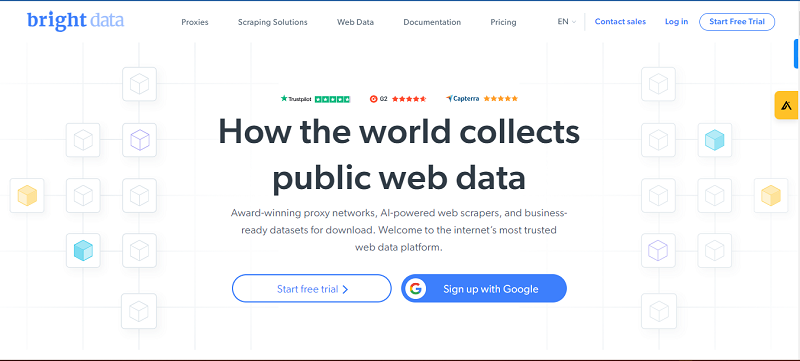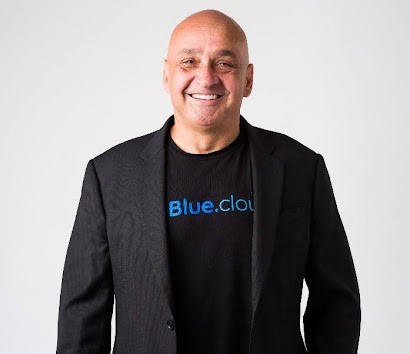Imagine the smart city of the future, for a moment, or how you see it. What kind of technology exists and allows citizens to thrive?
Self-driving public transportation vehicles that run on a tight and reliable schedule. Efficient and advanced energy systems that allow organizations to consume less power. Self-sustaining and renewable energy sources found in new forms, like a road made of solar panels that generate natural electricity. Oxygen-producing tree farms on skyscrapers to help depollute air, outfitted with technology to fertilize and water itself as necessary.
All of this could be part of the smart city of the future. Green and sustainable technology can be ingrained at the foundation, helping the city to be more efficient, sustainable and vibrant.
The internet has changed the world, as will the Internet of Things. The IoT has already permeated nearly every facet of modern life. We have smart technology in our cars, homes, schools, stores and at work.
But before we can get to a place where technology like this is fully implemented, we need to be both better and smarter about the big data we collect. How does big data factor into smart technology, and, more importantly, a smart city?
Today, every application you use, piece of software you rely on, website you visit, media you watch and platforms you frequent are collecting useful data about you.
Our data stores are growing faster than ever. By the year 2020, nearly 1.7 megabytes of new information will be created for every human on the planet, every second. Developers or brands leverage this information to offer new products and services that target ideal customers. Big data is largely a marketing and advertising tool at this point, but that’s not the only thing it will be used for in the future.

To create artificial intelligence systems, or AI systems — like Alexa and Siri, for example — developers must rely on big data. The program behind an AI must reference a database to answer queries and take action. For Instance, when you ask Siri to find a location or give you directions, she — and by she, we mean the computer — must search the internet and find the information you seek before relaying it back.
The system is programmed to identify information that relates to your query. It’s been given a specific set of instructions, detailing how to handle things after it finds the information you need. In this case, Siri’s instructions tell her to relay the information back as text-to-voice. All this, from the information Siri collects to the instructions she needs, are stored as a form of data.
Collectively, this data — and the massive amounts that are recorded by similar platforms — make up big data systems.
Big data is what is used to influence systems and platforms like this. In a smart city — particularly one from the future — an endless trove of data will be necessary for the actual infrastructure to function.
Big data can contain customer information, product and service info, history and query info, interaction records, habits and trends, traffic predictions, energy usage ratings and much more.
Ultimately, we need to collect data about how cities operate today so that it can be leveraged to create smart cities in the future. Not just that, we must put the data that we collect to good use, which involves data analytics. In layman’s terms, analysts and researchers must sort through the data we have to find patterns and useful data sets.
When looking at smart cities, or cities in general, there are so many industries and fields to consider. A few include public service and transportation, maintenance, utilities, waste management, traffic and traffic schedules.
It seems overwhelming, but there is one surefire way to solve any problems we may run into when collecting and organizing this information — a business plan.
Like any business plan, one for a smart city needs to account for current stats, but it must also include life cycle growth and associated costs. This may seem difficult to predict, but so many other industries do this on a regular basis.
By combining purchase price, energy costs and the hardware needed, we can find the true life cycle and costs of a specific industry’s line of work. This business standard can be applied to smart cities, but it needs to be done on a greater scale, over a broader set of fields.
For example, one must consider buy-in costs, energy consumption costs, hardware and maintenance costs and operating costs of a fully automated public transportation system. The same information would be necessary to deploy a more efficient energy or power generation system.
Lighting alone accounts for nearly 19 percent of the world’s total energy consumption. If we can leverage existing data for how energy is used in cities, and what kind of lighting needs must be met, we could come up with a better and more efficient lighting system. And think, that’s just lighting!
Big data is necessary is crucial to a city’s digital transformation. Anything that is or will be done in a smart city requires a decent amount of data and information to be accessible before we can take action.
By Kayla Matthews





